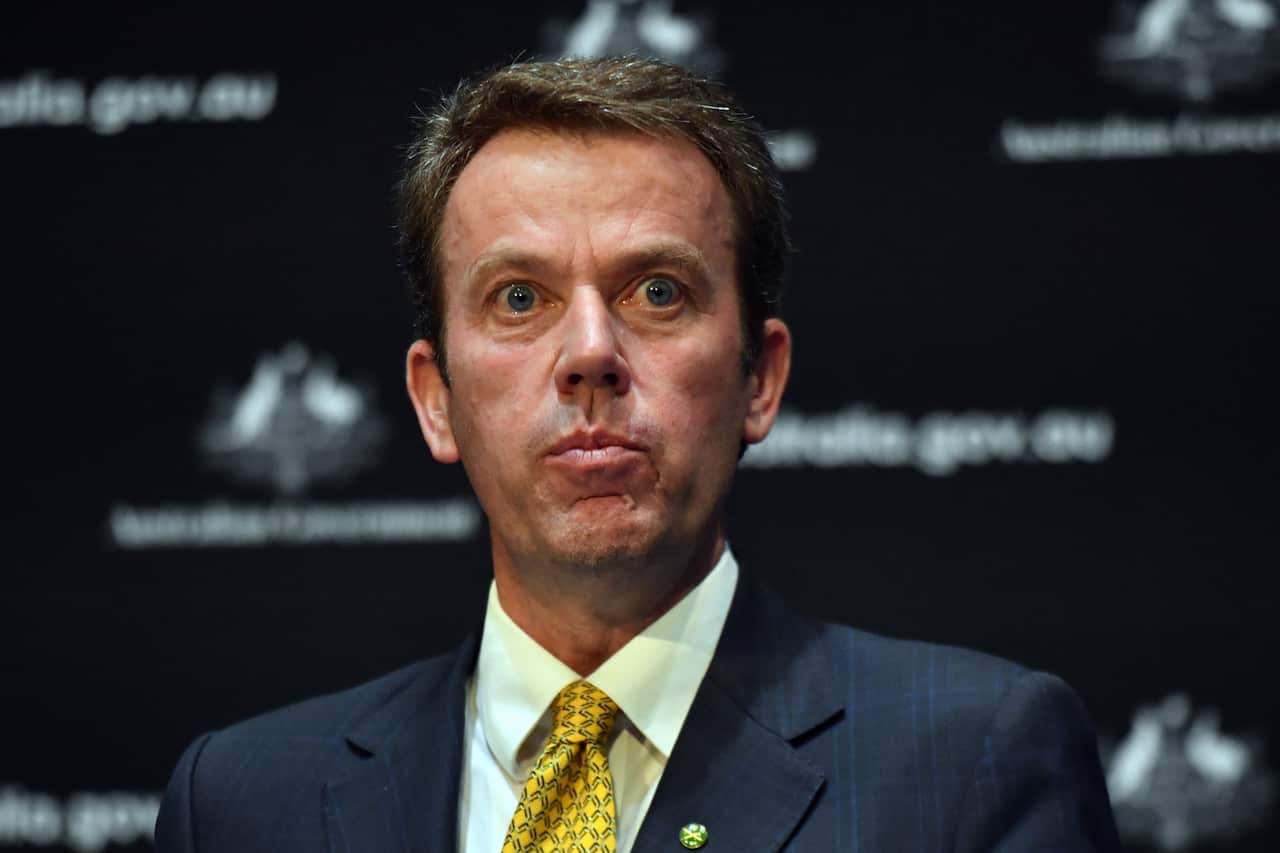The Morrison government wants to steer young Australians into degrees that lead to jobs and will more than double the cost of humanities studies - such as arts, music and literature - to do so.
Universities are anticipating record numbers of applications for study in 2021 as the reality of the coronavirus-driven recession bites young people worst of all.
Youth unemployment has soared to 16.1 per cent, with young people's jobs making up 45 per cent of those lost in May.
"One of the sad things when you have a recession is that youth unemployment does grow and we've got to make sure that we skill young Australians so when the jobs are there, they can take them," Education Minister Dan Tehan told the ABC on Friday.
Mr Tehan outlined the coalition's latest plan for rejigging university funding in a speech to the National Press Club on Friday afternoon.
He is offering to increase the number of university places by 39,000 over the next three years, rising to 100,000 more by 2030.
The coalition had effectively capped places over the past couple of years by freezing its funding at 2018 levels.
The trade-off in the new deal is changing what students and taxpayers pay.
A three-year humanities degree would more than double in cost for students, from about $20,000 now to $43,500.
The government's contribution would drop to $3300. Fees for law degrees, typically four years, would jump from $44,620 now to $58,000.
Fees for law degrees, typically four years, would jump from $44,620 now to $58,000.

Education Minister Dan Tehan Source: AAP
Conversely, the government would contribute more and charge students less for courses it says are more likely to lead to jobs.
Agriculture and maths fees would drop from nearly $28,600 over three years to $11,100.
Fees would also be cut for teaching, nursing, clinical psychology, science, health, architecture, IT, engineering and English courses.
Those doing the more expensive degrees will be able to cut their costs by taking up courses in the cheaper, more "useful" areas.
No existing student will pay more. "We want students to be able to critically think," Mr Tehan said.
"We want students to be able to critically think," Mr Tehan said.

Students enter the University of New South Wales (UNSW) in Sydney. Source: AAP
"So if you are going to do philosophy, we want you to think about doing a language. If you are going to do ancient Greek, do IT with it. Just make sure that you are thinking about getting the skills that you'll need to get a job beyond your degree."
Mr Tehan will seek to head off scare campaigns like those seen when his predecessor Christopher Pyne sought to deregulate university fees, by promising there will be no $100,000 degrees.
The minister is putting pressure on universities to back the plan, which he says was designed in consultation with leaders from the sector.
The National Union of Students condemned the government's proposals, saying universities were not "job factories".
"While the lowering of fees in specific degrees is a positive opportunity for some students, this move is at the expense of hundreds of thousands of young people who have chosen to study a degree that the government doesn't deem worthy enough," the union said in a statement.










